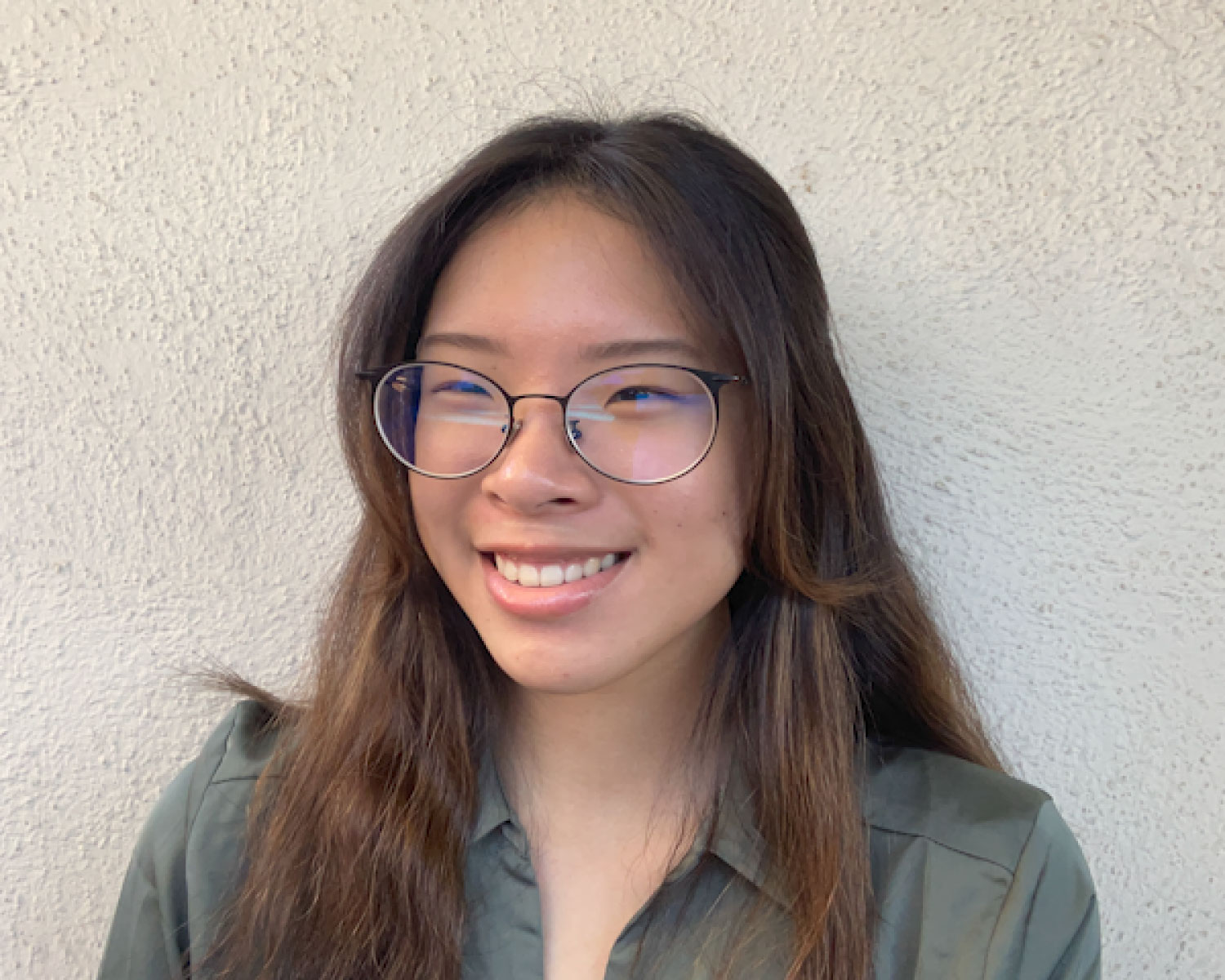
This report originally appeared on the website of the Pacific Northwest National Laboratory.
PCC Student Janet Teng has been named the overall winner of the 2021 Ignite Off! competition.
Ignite Off!, hosted by the Oak Ridge Institute for Science and Education, provides a forum for interns from participating federal agencies and offices to share their research projects in culminating five-minute “Ignite Talks.”
Teng, a sophomore studying chemical engineering at Pasadena City College, presented Understanding Corrosion One Atom at a Time, detailing how scientists can bridge the gaps in knowledge around metal corrosion. She was one of eight finalists from national laboratories, which also included PNNL intern Ikumi Ellis.
Teng represents one of this year’s 1,400 interns and research associates who were placed in PNNL internships. She spent the summer working under the mentorship of PNNL material scientists Daniel Perea, Sten Lambeets, and Mark Wirth through the Community College Internship program, which is sponsored by the Department of Energy.
Through her internship, Teng had firsthand science, technology, engineering, and mathematics (STEM) experience learning about atom probe tomography, how to prepare samples, and how to conduct data analysis. During her internship, Teng worked with her mentors to further the development of a new imaging function of atom probe tomography that allows real-time mapping of chemical reactions on nanoparticle surfaces under intense electric fields.
“Janet’s personal project consisted of developing ways to process the data and visualize it in unique ways that allow us to better interpret and ultimately communicate our results. She helped us to visualize the complex evolution in the spatial distribution of reacting species correlated with specific atomic surface features. Janet’s contributions spanned both hands-on with the preparation of specimens and also data analysis.”
Lambeets says Teng had a good sense of graphic design and programming that helped with reconstructing movies related to their data analysis. She also helped automate data analyses that will improve the user experience and could spare considerable time and money for researchers.
After coming to her mentors with the idea to enter the presentation competition, Teng worked with the trio of researchers on refining her ideas and preparing her slides.
“Janet is at the beginning of her journey at the university and we wanted to give Janet a realistic overview of the research path,” Lambeets said. “She learned a lot of technical abilities including working with ultra-high vacuum systems, but we wanted to teach her the increasing importance of being able to communicate the results collected.”
Her presentation opens with a reflection on the global cost of corrosion—$2.5 trillion. She also connects iron metal corrosion to a significant safety concern. Teng referenced the Florida high-rise condo complex that had corroded columns, beams, and walls.
“This is no longer something straight out of a chemistry textbook,” Teng said. “We have people’s lives on the line.”
Teng shared how atom probe tomography can be used to study metal at the atomic scale and could advance the development of corrosion-resistant materials.
“It is obvious that Janet has a natural ability to take complex scientific concepts and come up with analogies and examples that are relatable to a wide variety of people,” Perea said. “That is a key attribute that makes scientists stand out from the crowd. I am very proud of Janet and her accomplishments, which have helped advance my group’s research in meaningful ways, so much so that she will earn co-authorship on a peer-reviewed publication we are currently writing.”
Every year, more than 1,200 students and research associates are placed in internships across PNNL’s scientific directorates and operational departments. This was a big year for PNNL internships. Despite the pandemic, PNNL hosted roughly 200 more interns and research associates than average this year in on-site or remote positions, the highest number of students hosted at the lab in a given year.
“The goals of PNNL’s internship programs are multifaceted—we want to inspire students to continue pursuing STEM studies, expand their knowledge of STEM careers available at national laboratories, and help them build their professional skills. Each student intern is paired with a PNNL staff member or researcher who serves as their mentor,” said Evangelina Shreeve, the PNNL STEM Education Director. “Internships at PNNL are highly sought after—the combination of real-world work students perform in labs, field sites, and offices under the oversight of their mentor makes for incredibly valuable learning experiences.”
Teng came into the internship with an interest in science and a desire to find out what interests her most. Now with the internship complete, Teng says she is confident about pursuing a chemical engineering or chemistry career in the STEM field.
“Having the opportunity to be on site at PNNL allowed me to speak and connect with scientists at the lab, which helped me get a better feeling of what doing research is like,” Teng said. “I was also able to develop a better understanding of how innovative analytical techniques can be applied to combat real life problems, such as corrosion. Most importantly, I learned to better communicate scientific ideas in a dynamic and engaging way through oral presentations and writing.”
She plans to apply for another internship next summer.
03/01/2026